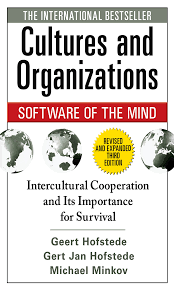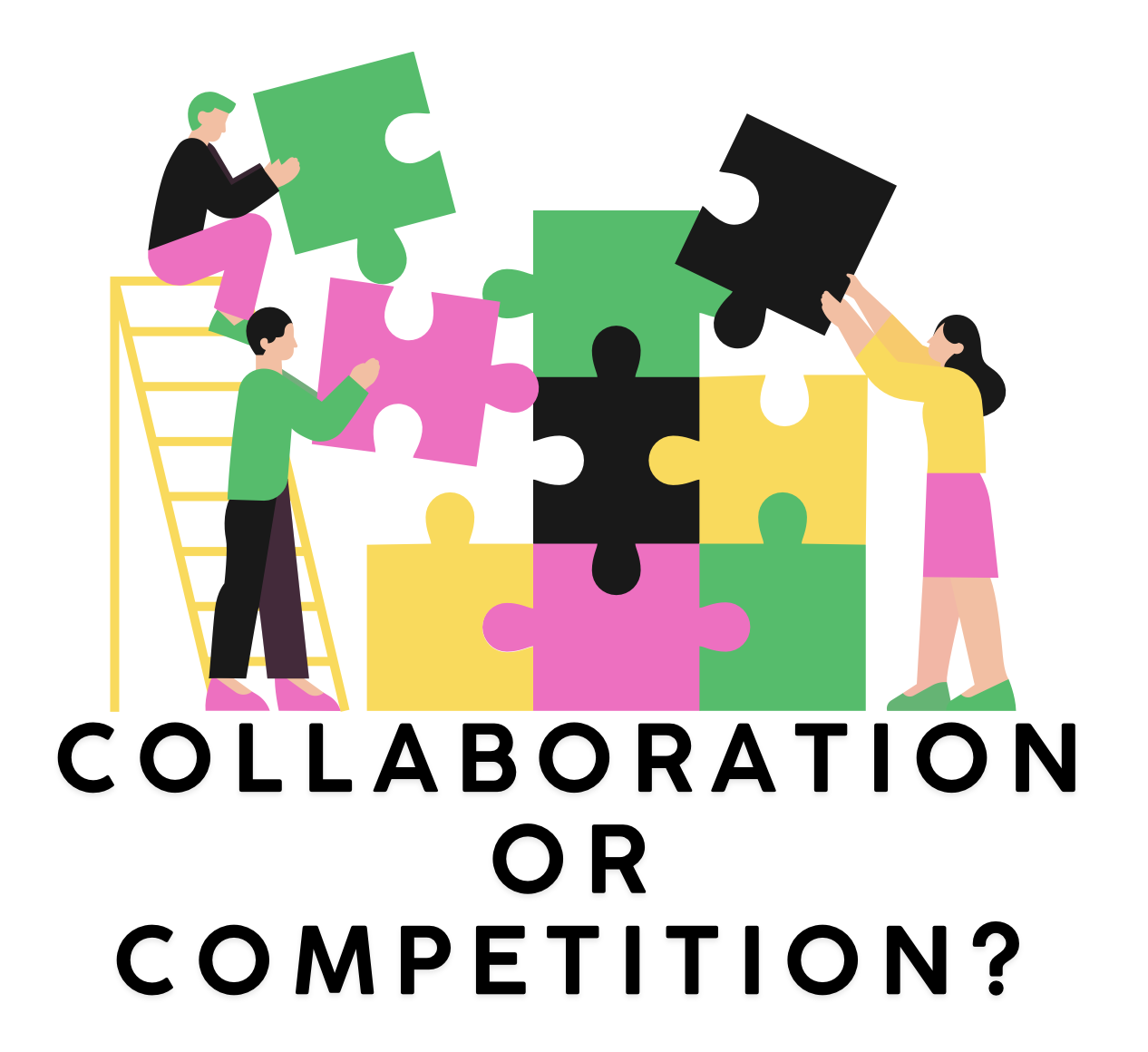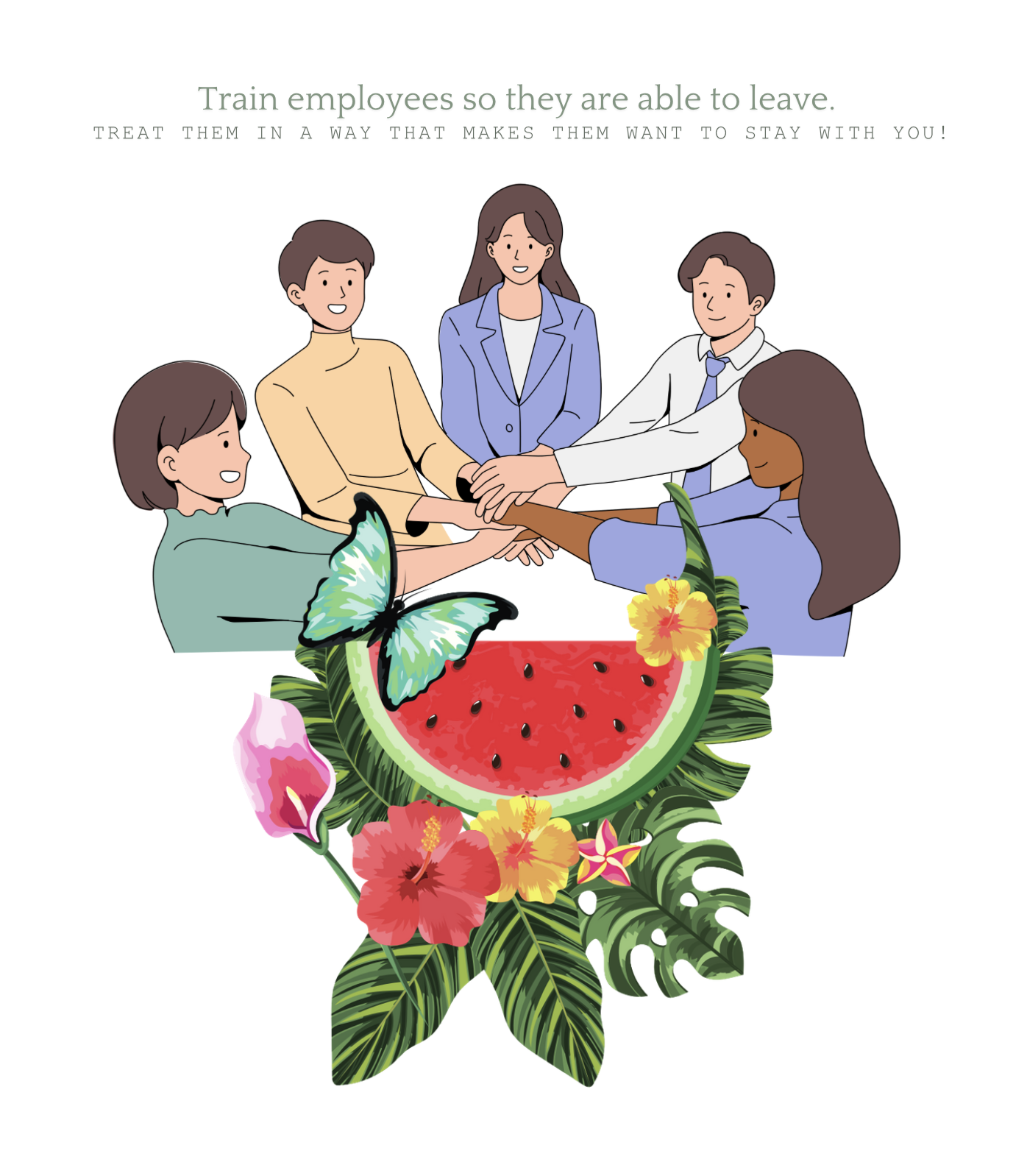
The Power of Language in Navigating Cultural Norms and Hierarchies
I find the topic of power distance and language norms of behavior fascinating. If you want to understand how communication is structured in different cultures or improve communication with a colleague or partner from a different cultural background, pay attention to the language they use.
The way language is used in family, educational, and social settings helps instill cultural norms and values from a young age. Children learn to navigate social hierarchies, power dynamics, and cultural expectations through language. In high power distance cultures, language often includes specific forms of address and vocabulary that denote respect and deference to authority figures. For instance, in the USSR, language was even more formal within society and families, reflecting a greater power distance than what is seen in Russia today.
In languages from cultures with higher power distance, there are distinct forms for "you" that indicate levels of formality
In languages like Japanese, various levels of politeness and honorifics are used depending on the social status of the person being addressed. In contrast, low power distance cultures, like the U.S., tend to use more egalitarian language, where it is common to address superiors and subordinates by their first names.
For example, in English, the word “you” is used universally for both singular and plural, and formality is determined by tone and context. However, in languages from cultures with higher power distance, there are distinct forms for “you” that indicate levels of formality:
Spanish:
– Informal: “tú” (singular), “vosotros/vosotras” (plural, used mainly in Spain)
– Formal: “usted” (singular), “ustedes” (plural, used universally)
Russian:
– Informal: “ты” (ty, singular)
– Formal: “вы” (vy, both singular and plural)
Japanese:
– Informal: “あなた” (anata, though often names or titles are used instead)
– Formal: Titles, positions, or names with honorifics like “さん” (san)


Effective communication and navigating social hierarchies
Understanding these nuances in language is crucial for effective communication and navigating social hierarchies. By recognizing how language influences and is influenced by power distance, individuals and organizations can better adapt to and respect cultural differences in both personal and professional interactions. I enjoy learning new languages and observing these differences in practice. Sometimes, I find myself using highly formal language with my Bulgarian colleagues while using less formal language in the U.S.
Must-Read Books: Insights from My Personal Library

"Global Dexterity: How to Adapt Your Behavior Across Cultures without Losing Yourself in the Process" by Andy Molinsky

"Cultures and Organizations: Software of the Mind" by Geert Hofstede, Gert Jan Hofstede, and Michael Minkov

"How to Win Friends and Influence People" by Dale Carnegie

"The 7 Habits of Highly Effective People" by Stephen R. Covey

"Crucial Conversations: Tools for Talking When Stakes Are High" by Kerry Patterson, Joseph Grenny, Ron McMillan, and Al Switzler
Does the use of formal language and titles create a barrier to open communication, making it difficult for team members to build rapport and trust?
I think team members may feel less comfortable sharing their ideas and feedback. For effective teamwork and relationship-building, fostering an environment where informal communication is encouraged can help bridge gaps and create a more cohesive and trusting team dynamic.


